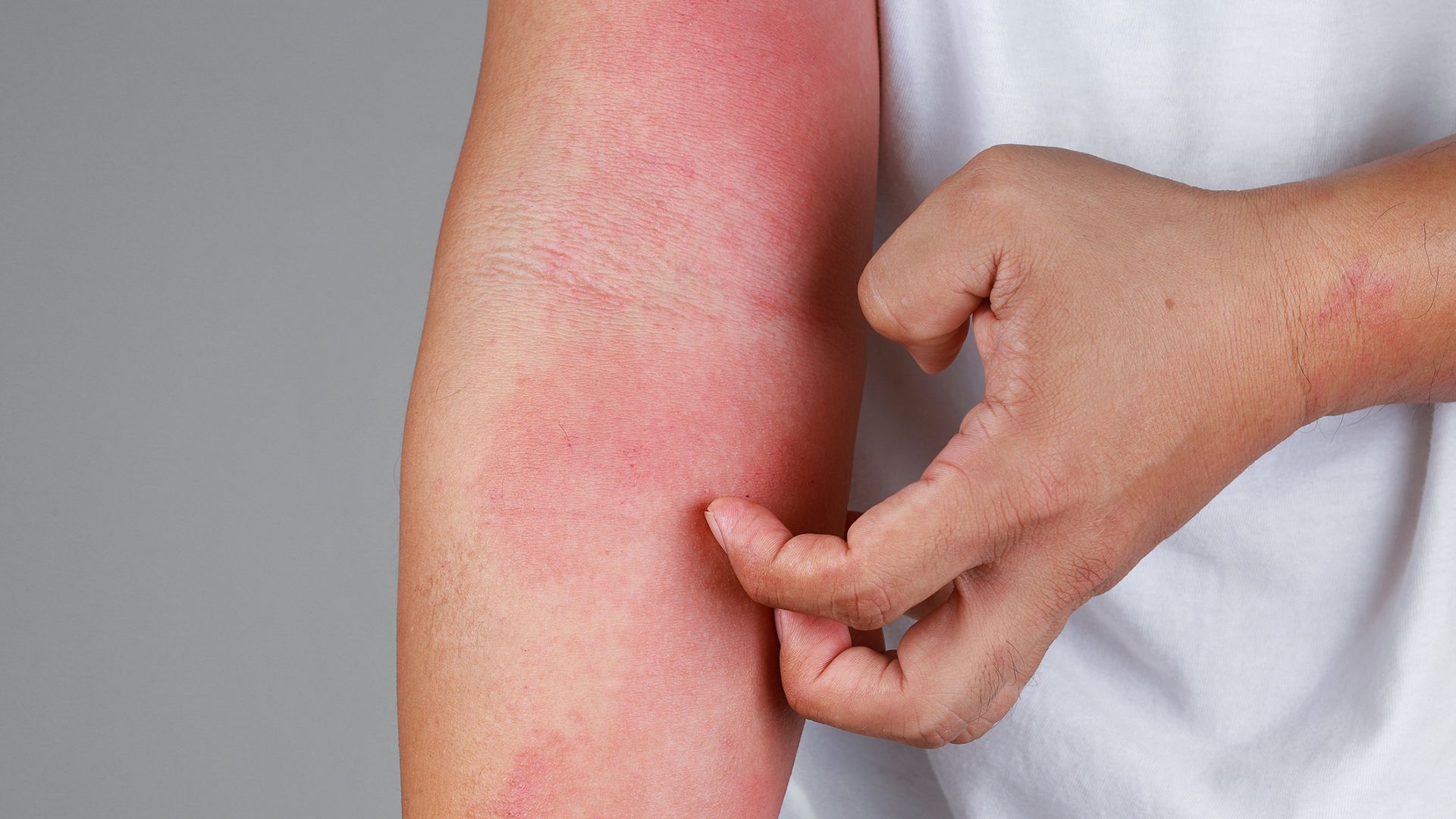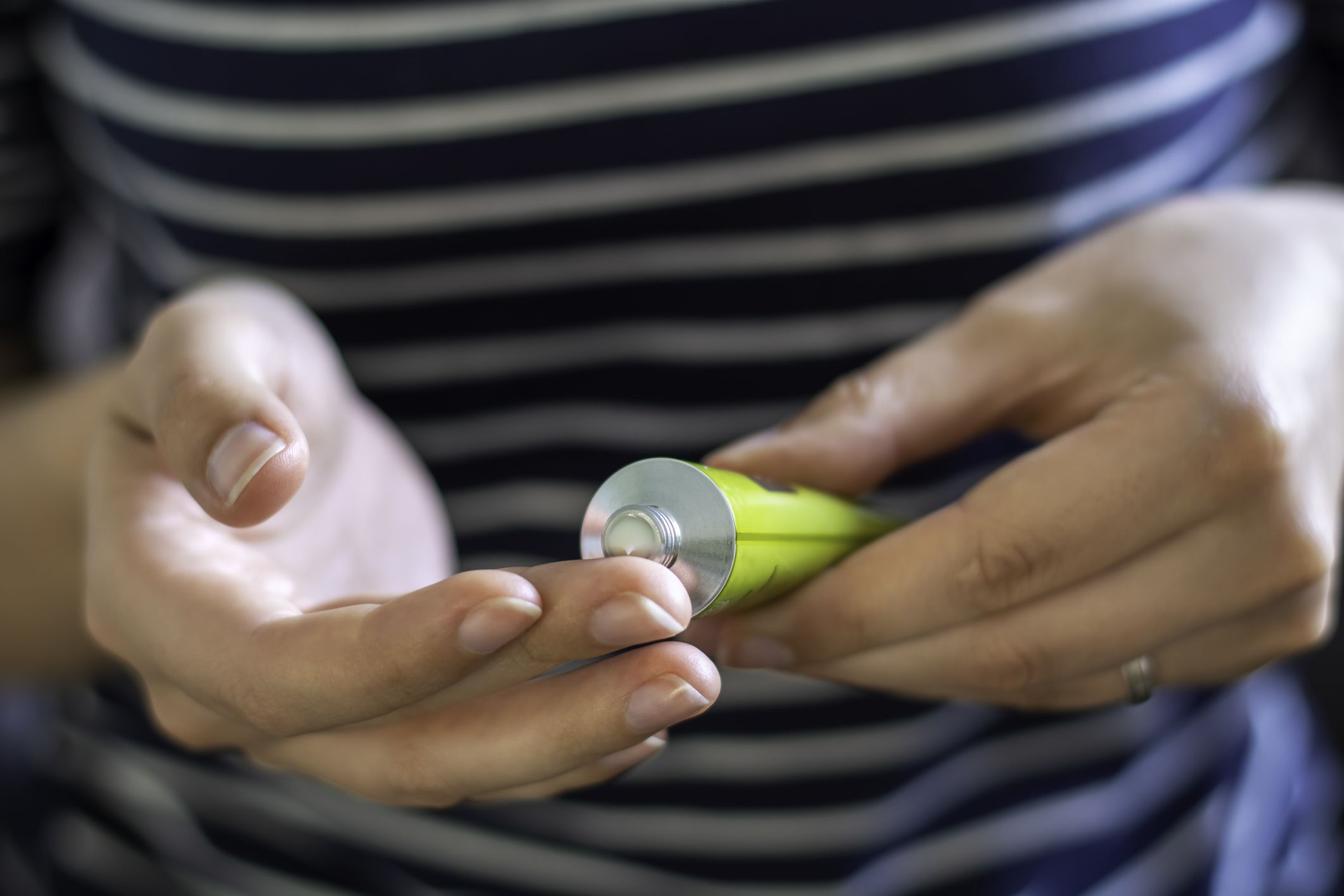Atopic dermatitis is a type of eczema. It causes intense itching, along with dry, red, and inflamed patches of skin that can appear anywhere on the body. Sometimes called “The itch that rashes,” atopic dermatitis can impact many different aspects of a person's life, including the ability to get a good night's sleep.
Why your body needs sleep
Sleep is essential to brain function, cardiovascular health, metabolism, hormone production, and other aspects of physical and mental health. Regularly getting insufficient amounts of restful sleep is associated with a lower quality of life, and can have a wide range of negative effects on physical and mental health, including:
- Increased risk of heart disease and stroke
- Weakened immune system
- Weight gain and obesity
- Diabetes
- Mood disorders, including depression
- Difficulties with cognition, memory, and focus
- A higher risk of accidents
For people with atopic dermatitis, getting a good night's sleep can be a challenge. Itching can be more intense at night due to changes in hormone levels, changes in skin barrier function, and changes in body temperature. Itching and discomfort can make it difficult to fall asleep and stay asleep throughout the night. Scratching during sleep can further damage the skin and exacerbate symptoms.
Inadequate sleep may also make atopic dermatitis worse, promoting inflammation and making symptoms more difficult to manage. Mentioned above, insufficient sleep can affect memory and concentration, making it more difficult to follow a skincare routine and other parts of a treatment plan.
Talking about sleep with your healthcare provider
If you have atopic dermatitis and are having difficulty getting enough sleep, there are several things you can do to improve your sleep. The first and foremost strategy is to work with your healthcare provider to find a treatment approach that is effective at controlling symptoms.
Your healthcare provider also needs to know that you are having difficulty sleeping. Here are some questions to help you prepare for your appointment:
- Do you have difficulty falling asleep or staying asleep?
- How often do you wake throughout the night?
- How many hours of sleep do you get per night?
- Do you feel rested after sleep?
- Does itching get worse at night?
- What time do you go to sleep at night and what time do you wake up in the morning?
- Do you take naps during the day?
- Do you feel tired or sleepy during the day?
- How often do you experience these symptoms? How long have you been experiencing these symptoms?
- Do you snore or make abnormal movements during sleep?
The healthcare provider you see about atopic dermatitis also needs to know about any other health conditions that you have, and all medications you take—prescription medications, over-the-counter medications, and supplements, including herbal supplements.
Habits for a good night’s sleep
In addition to discussing your symptoms, your treatment options, and your sleep habits with your healthcare provider, here are some other strategies that can help you get more sufficient sleep:
- Go to bed and wake up at the same time each day, even on weekends. If you work nights or your work schedule changes, bring this up with your healthcare provider.
- Limit your consumption of alcohol, caffeine, nicotine products, and other substances. If you smoke, talk to your healthcare provider about quitting.
- Keep your bedroom at a cool, comfortable temperature. Also keep your bedroom dark and quiet.
- Try relaxation techniques to reduce stress, such as yoga, meditation, or gentle stretching. Simply scheduling time to unwind can also help you reduce stress.
- Put down electronic devices one hour before bed and avoid using electronic devices in your bedroom, including watching TV.
- Use soft, breathable fabrics, such as cotton or silk, for your bedding and clothing. This may help reduce skin irritation and improve comfort.
- Bathe and apply moisturizer at night, close to bedtime if possible. This can help your skin stay moisturized during the night.
- Keep your fingernails trimmed to help minimize damage from scratching. Wearing cotton gloves to bed can help prevent fingernails from damaging the skin if you are scratching during sleep.
If you aren’t already, keep a journal. Use it to track atopic dermatitis symptoms, sleep, when and how you moisturize, the foods you eat, and how much exercise you get. This can help identify triggers and provide helpful information to you and your healthcare provider.






